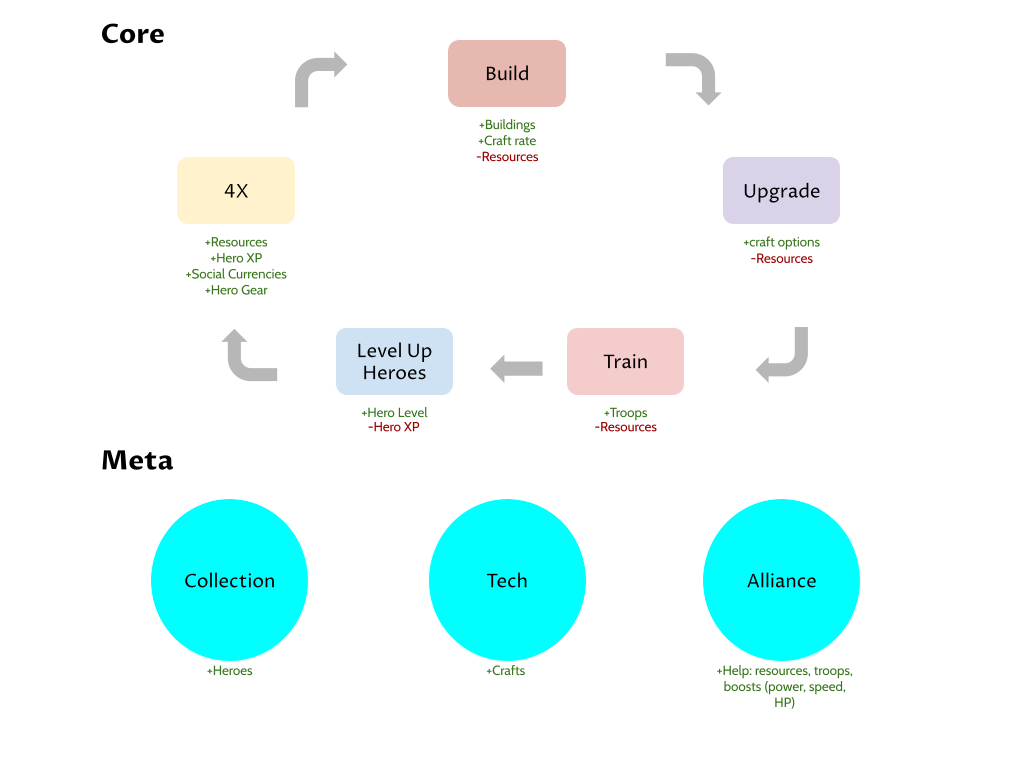The other day I made a post on my LinkedIn right after posting about the same thing here on my blog. Happens many times that the second post is better than the first one. Reactions are good and I had interesting conversations with people because of that.
If you are looking for a job and you ask any expert, the things they would say you will include:
- Apply to job offers and get interviews
- Become a specialist in a field
- Show up, show up, show up!
This is the playbook, the standard thing. This process will put you in the game of people looking for the “top talent”. The best of the best. I was reading a post boasting that a job they were offering had already more than 300 applications from veterans from top companies. Horrible thing, what are you waiting for? Is that a selection process or a battle royale?
Today I want to propose 4 alternative ways of getting yourself through. No one of them is easy, or evident.
- Offer something unique. Something you know that only you and a few people like you can offer. To do that, you should work a lot on understanding what you can offer.
- Have people that follow your steps. People that when you are there they are beside you. Start a community around something.
- Be famous for something. This is probably the least easy solution.
- The easier: become everything you miss to make the job you want to do. Do you want to be a game designer? Become a producer, a marketer, and a programmer too. Make your things become an entire company (with very small projects) and put them out there.
Either of these four things is better than spending hours every week making interviews and assignments that, believe me, rarely bring you to land a job.
